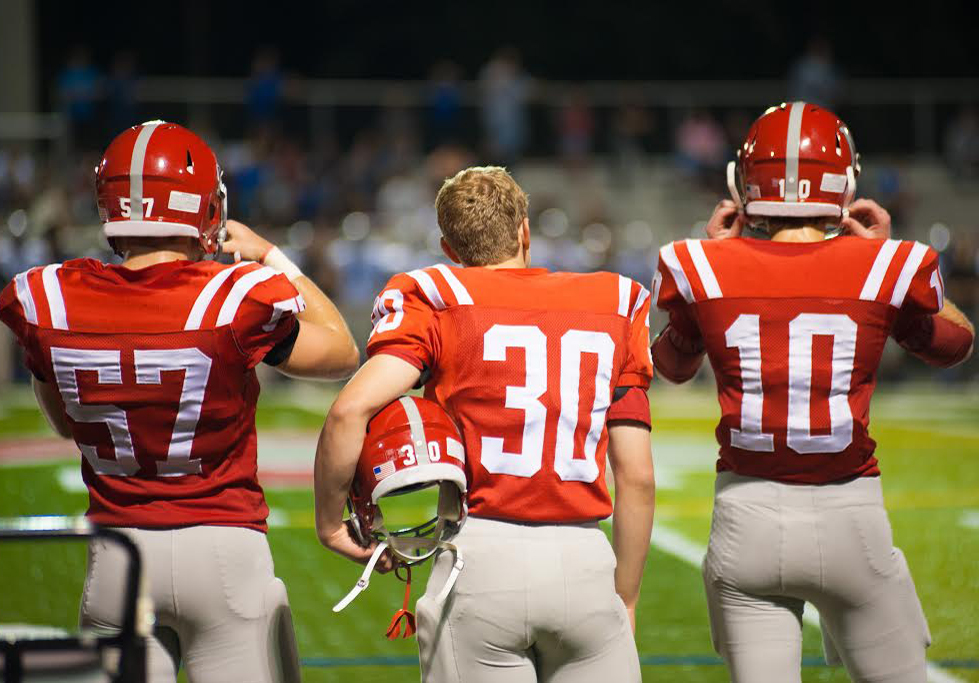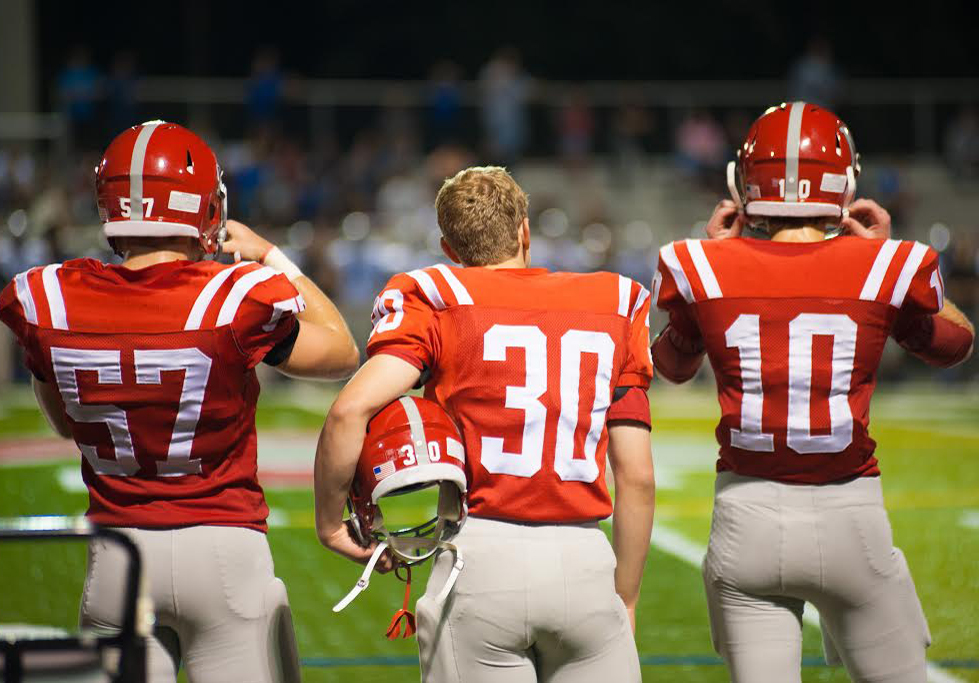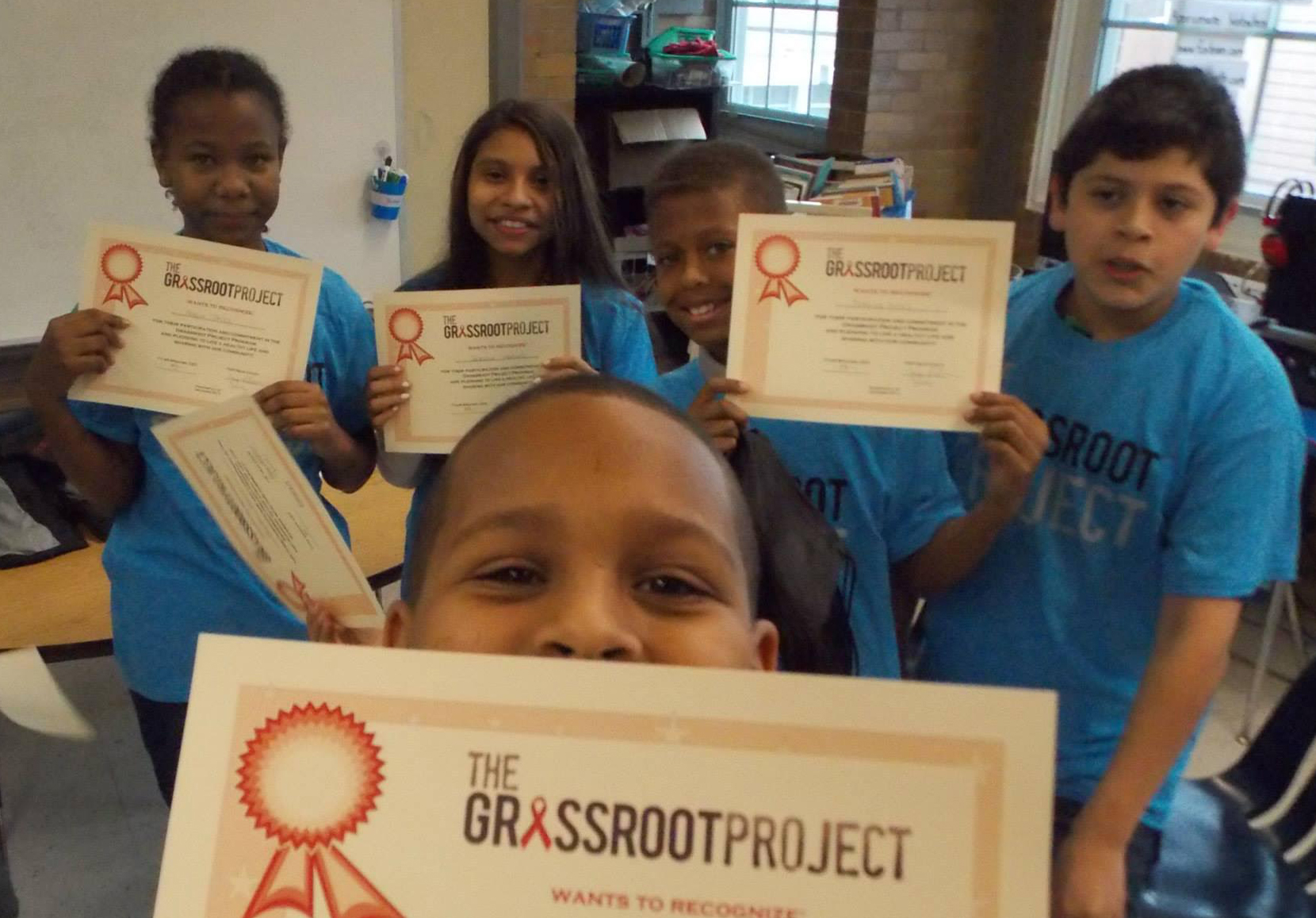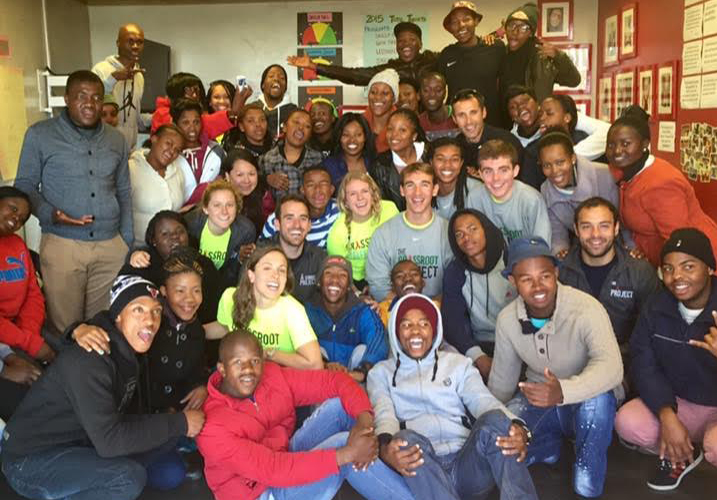[[[image 0-large]]]
From minor celebrity status on campus to endless party invitations and team-issued sports gear, elite student athletes appear to have the world at their feet.
Yet the supposed golden ticket of a university sports scholarship, it turns out, can leave some student athletes at a place of confusion after graduation. Studies, including those by the National Collegiate Athletic Association, have shown that only around 2 per cent of student athletes in the US go on to have professional sporting careers. While not all university athletes aspire to be professionals, many of those who do want to go pro are devastated by a sense of rejection, after spending endless hours in training and convincing themselves that their destiny was on the sports field.
But a remarkable programme is helping to redirect elite young athletes and inspire new career opportunities. Not by asking them to think about serving themselves, but by challenging them to serve others.
Tyler Spencer, a former student athlete, founded The Grassroot Project. The organisation uses student athletes - footballers, runners, basketball players, golfers, rowers - to teach at-risk teenagers the sex education lessons that can prevent them from contracting HIV. Their sporting prowess generates a level of respect that makes them more effective communicators than many school teachers and parents. And in Washington DC, where 2.7% of the population has already been diagnosed with HIV, innovative approaches to sex education are urgently needed.
[[[image 3-large]]]
The Grassroot Project has seen 900 athletes work with more than 5,000 young people aged 12-14 in 53 Washington DC schools. But he has come to realise that many of these sporting role models are also in need of guidance. As they near the end of their athletic careers and find themselves struggling to figure out what’s next, they need support.
"Alot of student athletes have developed their identities around their ability to be a top-level athlete," he says. "For most, that identity is completely gone the day they graduate."
Spencer is a One Young World Ambassador who attended the annual summit in Dublin in 2014, where he met other young founders of non-profit start-ups. "I took a lot away from hearing about the challenges that my peers had faced in their work, and it was inspiring just to build a sense of solidarity," he says. "The One Young World network has stayed with me far beyond the Summit."
Having won the attention of the US Government and the Clinton Global Initiative for its impact in combating HIV, The Grassroot Project is now also developing programmes that will help student athletes develop other identities outside of sports. Particularly, the organization helps athletes to hone their passion and skills for the betterment of public health.
[[[video 0]]]
"Athletes develop a lot of really good life skills that can be translated into so many different areas," says Spencer. "In order to reach the top level of sports, they have to set goals, avoid risks, and persevere when they encounter adversity. The character that they develop along the way can make them ideal role models for young people.”
At The Grassroot Project, teams of four student athletes spend 8 weeks working with groups of 30 young people. Each week, they facilitate a series of competitive, physically engaging games that also carry educational messages and foster critical discussions among youth. "Our main focus is to help kids become more health literate, make positive and healthy decisions, and ultimately reduce the rates of HIV and STIs."
While working with The Grassroot Project as undergraduates, many of the young athletes have come to recognise their potential for pursuing careers beyond the sports arena. "We invest in our athletes because they are the heart and soul of our programmes for DC teens. But we have also realized that investing in them helps them to become more interested in our work and in issues of social justice generally. If our work can spark a passion in them and equip them to pursue it, they can have a catalytic effect on public health." says Spencer. "Sport is a kind of bridge to get them fired up about public service. They can use their identity as a university athlete to do something much bigger, much less self-serving.”
Spencer first saw the possibilities for using sport to educate children about HIV while he was doing a student placement in South Africa. He later realised that rates of HIV in Washington DC were comparable to what some countries in Sub-Saharan Africa faced, and he was shocked. He founded The Grassroot Project in 2009. The work has been the motivation behind his Oxford doctorate on NGOs working in the field of HIV/AIDS. Spencer, now a Rhodes Scholar at Oxford University, is an athlete himself, having been on the rowing team at Georgetown University and then later racing in the Blue Boat of the Oxford versus Cambridge lightweight boat race.
[[[image 2- large]]]
In addition to providing sex education in schools across Washington DC, The Grassroot Project is providing student athletes with training seminars in such areas as nonprofit strategic planning, financial management and project evaluation. Several have gone on to become teachers, Peace Corps workers and medical professionals specialising in public health.
The money-making machine of American college sport creates a vast number of student athletes who don't make the professional grade. They may leave university with a degree, but many athletes have missed out on opportunities to develop career skills or even to explore careers outside of sports at all. Their practice, competition, and class schedules make it hard for them to take up internships or to study abroad. “The NCAA and its member universities are making efforts to invest in the personal and professional development of athletes, but in my opinion there needs to be much more," says Spencer. "That's where organisations like ours can make a difference. I was first inspired to start The Grassroot Project because of the potential we had to help DC teenagers avoid HIV. But along the way I have also developed a huge passion for helping athletes to see that they can be a force to change things in their own communities.”
To learn more or to make a donation to the organization, visit https://grassrootproject.org/
By Ian Burrell



